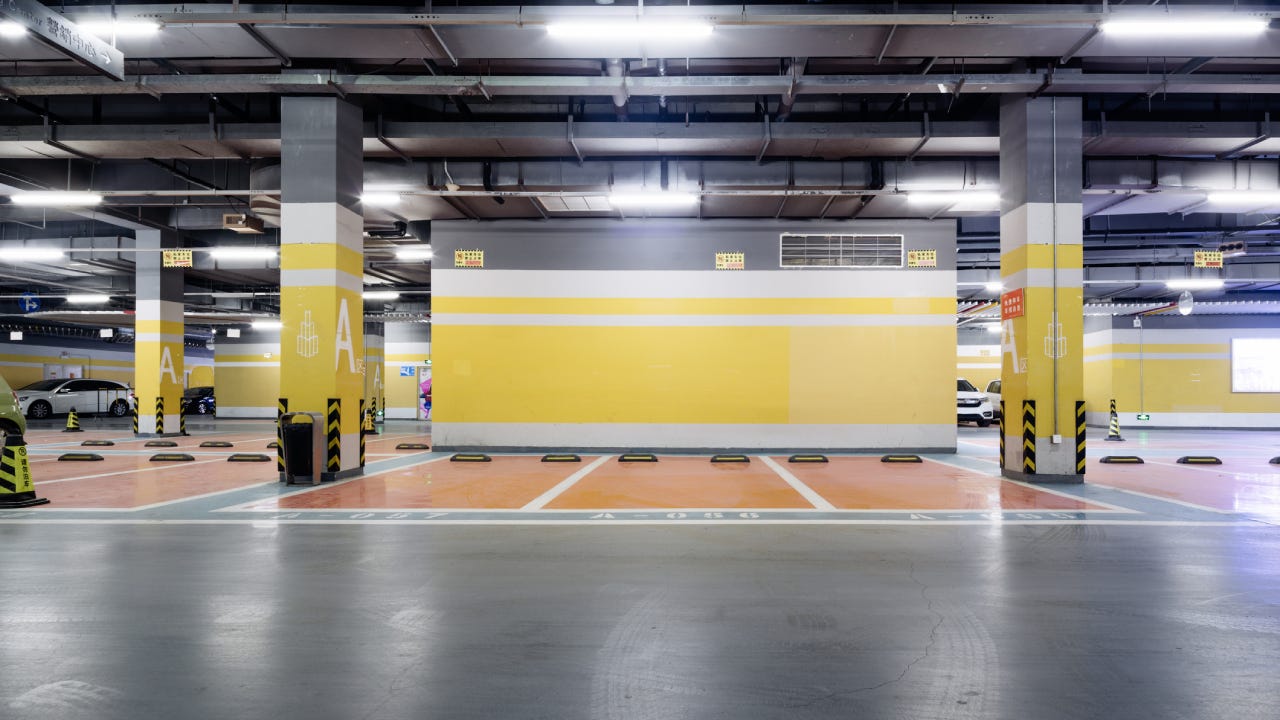What is car storage insurance?

If you are planning to put your car in storage for any length of time, you may want to consider your insurance. Whether you’re a snowbird who has a seasonal vehicle or perhaps a member of the military who has been deployed, there are many reasons why you might want to store your car—and if so, you may want car storage insurance. There is no specific coverage level definition for storage insurance, but many professionals consider it to be the minimum amount of coverage you need to protect a car that is not being driven.
What is storage insurance for a car?
Vehicle storage insurance is not a specific type of insurance policy. It is reduced coverage or a discount applied to your car insurance policy for vehicles not being driven in some cases. If you do not plan on driving your car for an extended time, auto storage insurance involves removing coverage from your policy or placing your vehicle in a storage status with your insurer. These changes can help keep your car insurance premiums low while avoiding a lapse in coverage while your vehicle is not being used.
How to get car storage insurance
Your best bet is to talk with an insurance agent. They will be able to tell you if you can put your vehicle in storage status, what that means for your policy and what you can do to fulfill your state’s and lender’s requirements. Some things you may have to do to be eligible for car storage insurance could be:
- Disconnecting the vehicle’s battery
- Storing the vehicle in a locked garage
- Storing the vehicle at a gated facility
Most insurance companies allow you to make changes to your policy at any time. This means you can add and remove coverage options during your term or place your vehicle in storage if needed as long as it’s eligible to do so with your insurer.
When to use car storage coverage
Car storage coverage may be beneficial in a number of scenarios, such as inheriting a car you do not need, traveling for an extended time or not having plans to drive the car for part of the year. You may want to consider looking into alternative insurance options, like vehicle storage, when:
- You do not plan on driving the car for several months or more.
- You inherited a car but do not have any active plans to use it in the near future.
- You are traveling or are a student and will be away for an extended time.
- You are in the military and are being deployed.
- If your vehicle has a mechanical issue and cannot be driven for an extended time.
- You have a vehicle kept at a secondary/seasonal residence and only use it a few months out of the year.
Car storage insurance is reserved for when your vehicle will not be used for an extended period, which can differ by the insurance company. If you need to use your vehicle, or anyone else will drive it while you’re away, it probably won’t qualify for storage.
While your vehicle remains in storage, you will typically maintain some coverage, including comprehensive coverage, which covers damage from non-collision incidents, like vandalism, theft and weather damage. Depending on state laws, you may also have to maintain the minimum liability limits mandated by your state. Insurance companies will not sell you an insurance policy that doesn’t meet state minimum requirements, so if you want comprehensive coverage, you’ll likely have to purchase liability coverage, too.
If your vehicle doesn’t qualify for storage, consider other ways to save on car insurance, like adjusting coverage or shopping for cheaper car insurance before canceling your policy. Canceling your car insurance coverage can mean insurance companies may view your lapse in insurance as a risk, causing an increase in your rates when you decide to get coverage back in place.
How much does vehicle storage insurance cost?
The cost of insurance while your car is in storage will vary depending on a range of factors, which your insurer will consider when determining your rate. These are likely to include your vehicle’s age, make and model as well as its location and personal factors such as your age (in most states) and driving history — especially if your policy includes liability coverage. The national average cost of state-mandated minimum coverage is $664 per year as of October 2024. A policy that includes collision and comprehensive insurance, called full coverage insurance, averages $2,388 annually.
You may not need to have collision coverage if your car is in storage, however, since it won’t be at risk of an accident while it is off the road. You may also want to cancel any endorsements you have on your policy, such as roadside assistance or rental reimbursement. It can be a good idea to talk to a knowledgeable licensed agent about what you do need, as they can help you determine the types and levels of coverage that are necessary while your car is in storage.
How to prepare a car for storage
Before you put your car in storage, there are things you should do to prepare it to not run for at least a few months:
- Find an indoor place to store your vehicle: A garage or public storage facility will keep your car safe from the elements.
- Have it cleaned: Any dirt or gunk left on the car for an extended period can damage the paint, making it vulnerable to rust. You may also want to consider getting a wax job for extra protection.
- Change the oil: Old used oil can damage your car’s engine, especially if it will sit for a while.
- Fill up your gas tank and add a fuel stabilizer: Topping off your gas tank will help prevent the seals from drying out during storage. The fuel stabilizer will help prevent the gas from deteriorating for up to 12 months, protecting your car’s engine.
- Start it on occasion (if possible): If you do not start it on occasion, the battery will die, and you will need to jump when you are ready to use it. If you do start it up, remember not to drive it. Another option, instead of starting it, may be to unplug the negative cable.
- Disengage the parking brake: Engaging your parking brake for too long may cause it to fuse with the rotors. Consider using a tire chock instead.
- Make sure your tires are properly inflated: Tires can lose air pressure in colder temperatures, so if it is a possibility you may need to drive it again before the weather warms up, get them up to grade before you leave.
- Protect your car from pests: Mice and other rodents may seek your car out during colder months, looking for a dry, warm nesting area. Consider protecting your car from intrusive pests getting in while you are away.
Frequently asked questions
Why we ask for feedback Your feedback helps us improve our content and services. It takes less than a minute to complete.
Your responses are anonymous and will only be used for improving our website.
You may also like


Comprehensive car insurance coverage






